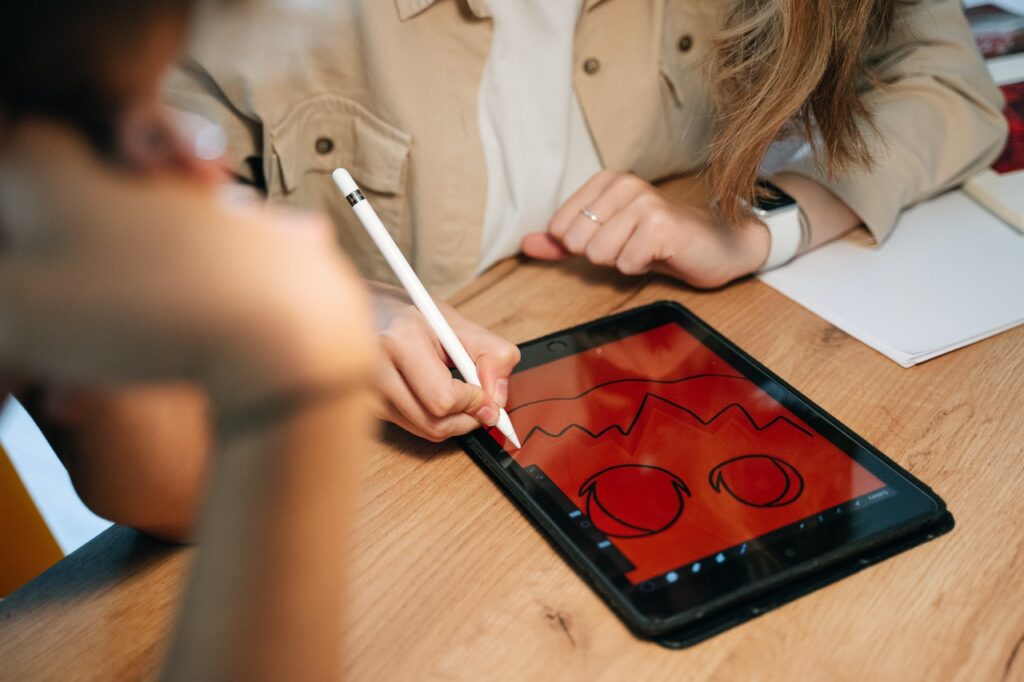I have entered game development limbo once again. After (quite) successfully writing and publishing my Bomber Bros platform game built (quite) quickly enough with the Corgi Engine, I thought that I could complete a new platformer project quickly.
I lamented about my lack of progress to a friend who had recently written a song, recorded, and published it. He then asked me matter of fact: did I not first plan out the game, development plans, make visual sketches first? I tried to defend myself that I did. Well, except that I did not confess I did all these only in my head.
“Zombie zombie zombieeeeeee”*
* if you did not understand the header reference to the last line of the previous paragraph, you are probably much younger than me and I congratulate you.
I should have known. I’ve fallen into this state one too many times. I get excited from an epiphany and I draw up grand ideas in my head. I do mental calculations of how and when the game will be made, and dive head on into game development. I get highly motivated for the next 4 weeks, then the following 4 weeks become a grind. By the 9th week, I question my self-worth as a productive human being altogether. I stare at my Unity screen, move game objects around, make massive changes to my code. I however know deep down inside that my game development is going nowhere. Not dead but not quite alive. Like a zombie zombie zombieeeeeee.

The faintest ink is mightier than the strongest memory
(Someone said that. It wasn’t me.)
Enough game developers attest to putting down thoughts and ideas onto paper. I put some thought process into Confluence and Evernote, but they don’t move brain juices like writing does. Writing on paper with a pen has no restriction except for the physical size of the page. This keeps the mind unrestricted in expression and movement. While our doodles and scribbles turn out potentially illegible to anyone else reading it, it forms a sort of very legible output conceived from our minds. Being able to physically see what our minds conceive, the vision becomes a lot clearer. We are then able to determine value, pitfalls, expectations, estimated timeline, smooth out blind spots, and even find out whether the idea is worth pursuing or not.

Sometimes, I would stumble across old notes that I had made. They are still useful to me as I read them, often contributing to new ideas or approaches to problem solving. Other times, they make me chuckle at how I used to think at a younger age. Being able to see how far I have come, does help me appreciate where I am right now, and how I may project my future self to be in game development. It doesn’t look too rosy at this point, but it helps me know what choices I can make from this day.
Game development planning tools
Pen and paper is just what it is, pen and paper. We need to pull our heads out of wherever we find them in, if we are beginning to dwell on whether we should be using a regular writing pad or a moleskin notebook. I personally use a regular writing notebook so that it is physically already organised in pages, and I can bring it anywhere I want. So far, I have not found the need to label pages. I draw sketches, make side notes, sometimes even rant on pages, just to get things out of my head. My notes are not meant for others to read, so I don’t have to worry about how it looks like.
I am considering a tablet with a smart pen which facilitates the free writing and sketching that a writing pad does. The tablet is useful in storing whatever I write to go into the cloud, so that they can be retrieved on any device. Also, I do not have to worry about the physical page limits on a regular writing pad. A tablet can also facilitate colors, in which I can visualise color themes on my sketches. Tagging my notes will also make searches a lot more effective. Inspired by my daughter who is growing as an artist, the tablet helps me to practice the skill. She showed me how she draws on her tablet, and I realise how learning that can contribute to my games.

It is like a game development diary
Working on pen and paper feels like writing a diary or a journal. I find it natural and effective. It feels counter-intuitive if my brain has already moved into programmer mode, when all I want to do is to whip up some nasty code. But I have learned that it is very important to sit quietly with a pen in hand, writing on my regular writing pad. It goes a long way, and I shall have to get back to my drawing board right away. Literally.